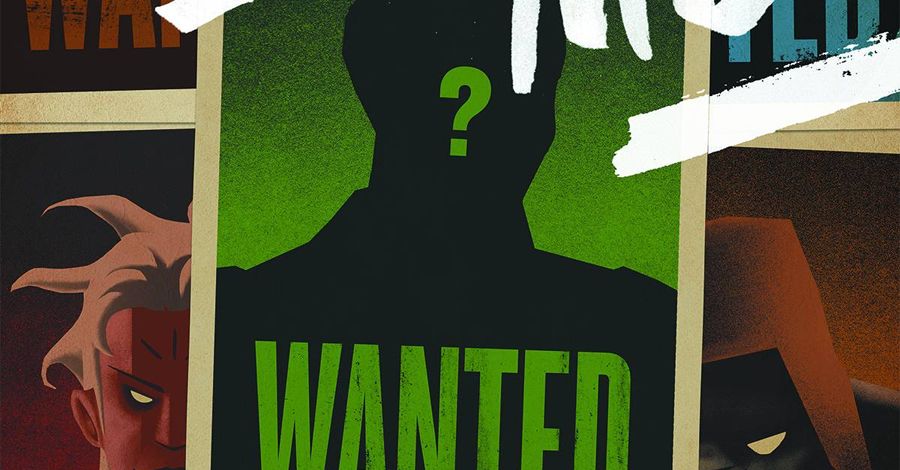While celebrating Batman Day over the weekend, DC Comics Co-Publisher Jim Lee discussed a different, decidedly more cosmic corner of the modern DC Universe: "The Omega Men."
One of the more critically acclaimed titles to come from the publisher's current DC You wave of new series, Tom King and Barnaby Bagenda's "Omega Men" found itself among a list of series DC announced as being canceled several weeks back. The outcry form fans was swift, and within hours, DC Comics announced a reversal of its decision, promising at least 12 issues for King and Bagenda to tell their story.
5 Previously Uncanceled DC Series, Before "Omega Men"
"[I]t might have been just a bit hasty," Lee told IGN of the initial decision to cancel "Omega Men": with Issue #7. "Even the editors and other creators, other writers, were saying, 'Hey, maybe you should give them time to sell the story. It's a good book.' And then you saw the reaction on social media -- not that it was a ton, actually -- and that was actually one of the great positive things about this. We got a few negative messages, a handful I'd say, but then we reversed our decision, we got 10, 20 fold of people chiming in really ecstatic and saying 'I felt really great about DC' and they're going to support the book, and that's ultimately what you want.
"I think you have to realize that not every book that has low sales will necessarily translate into a successful trade paperback, so we made that decision. Also, we had also said early on that we are going to support these books, give them the full 12, and they clearly were working towards that; that's the framework in which they were working. So for all those reasons, we said we should go ahead -- we can admit when we're wrong -- and reverse the decision."
Of course, for most books canceled means canceled, a fact Lee drove home when asked if DC was planning any further resurrections. "That was a special case," Lee said. "I think 'Omega Men' stood out for a lot of reasons. A lot of other professional creators were supporting it, editorial felt strongly about it and, again, the way they were building that story was really a 12 part rollout of the concept, so it of all the projects felt it deserved the time and space that we had promised at the beginning."

